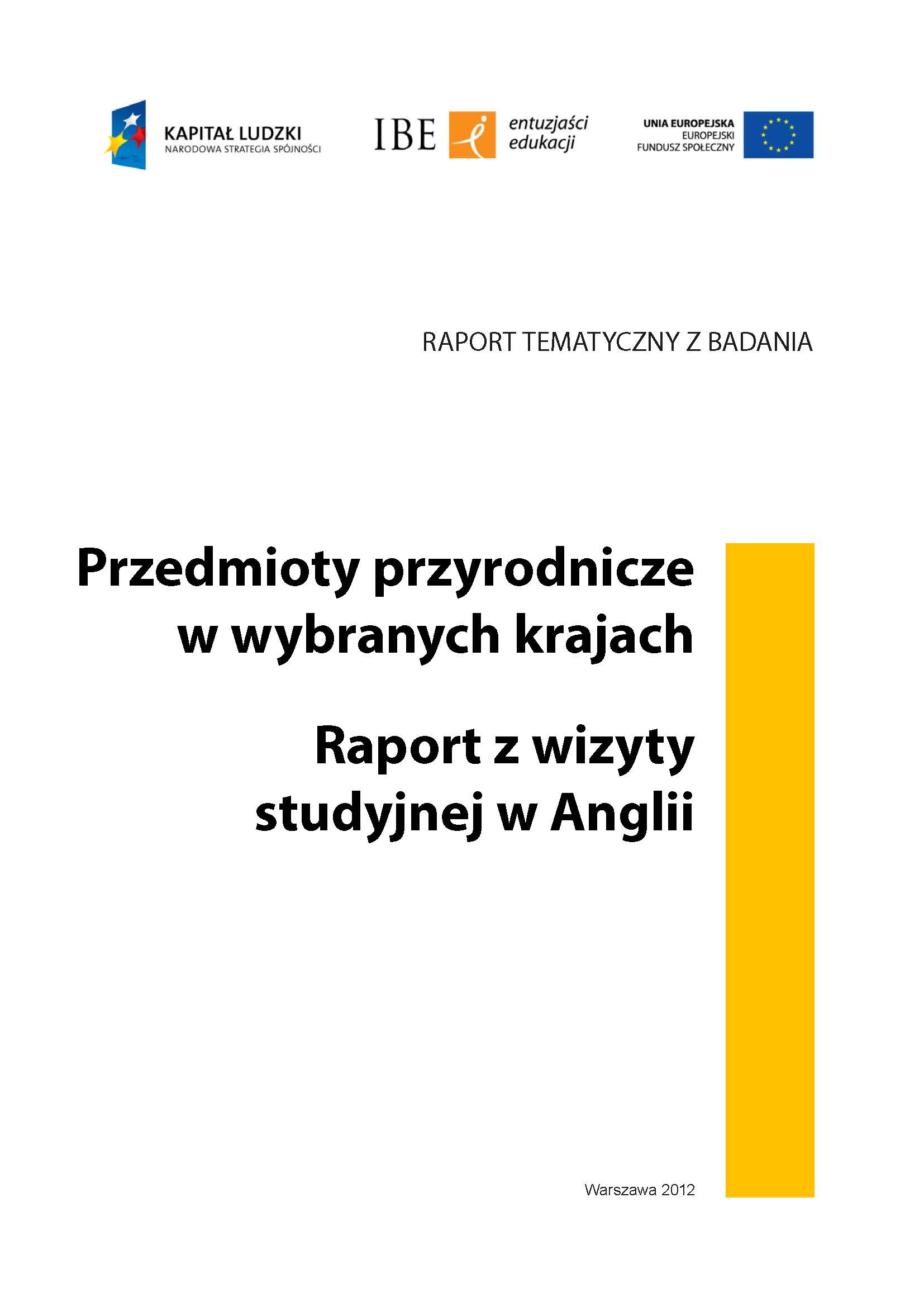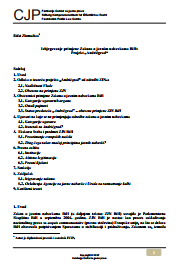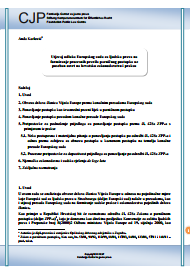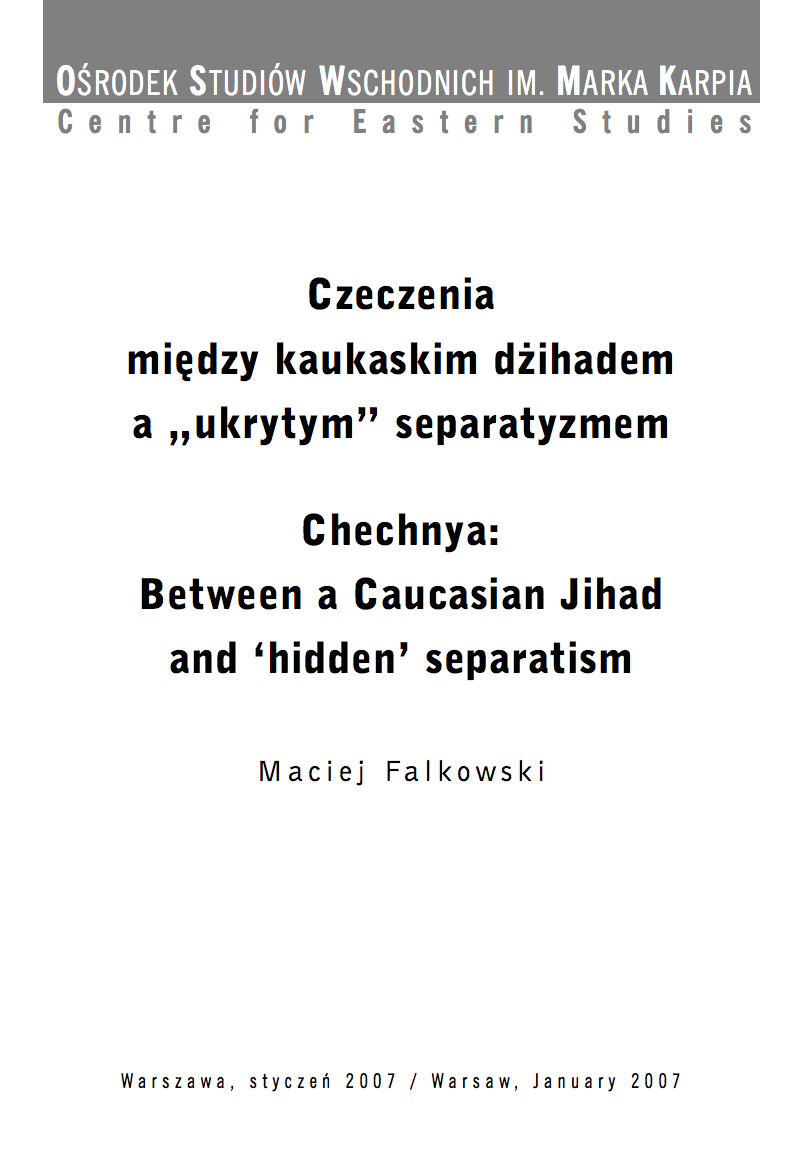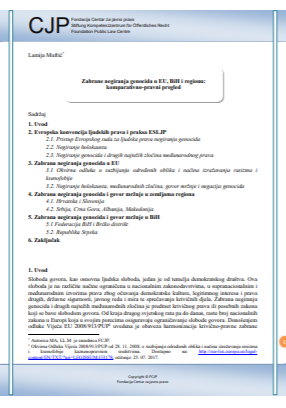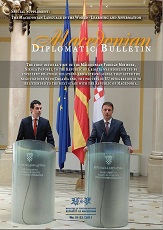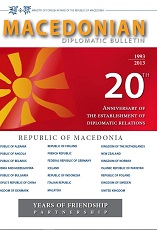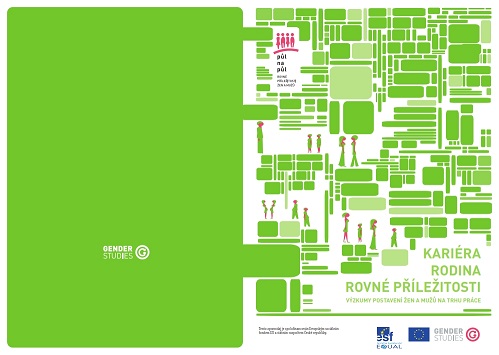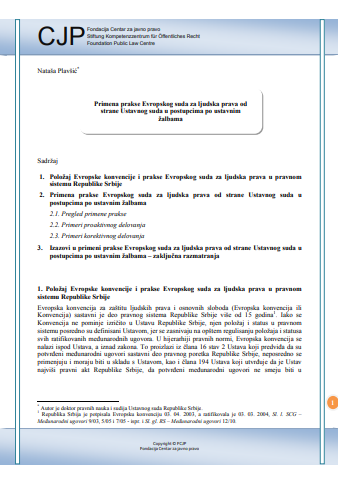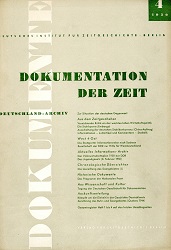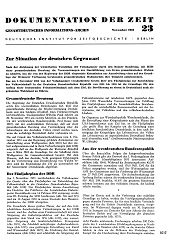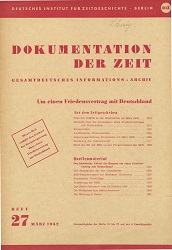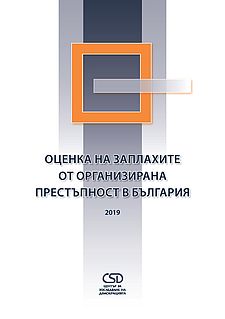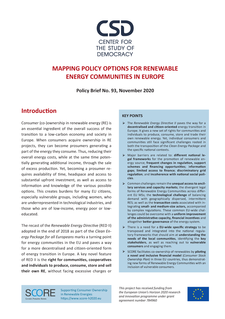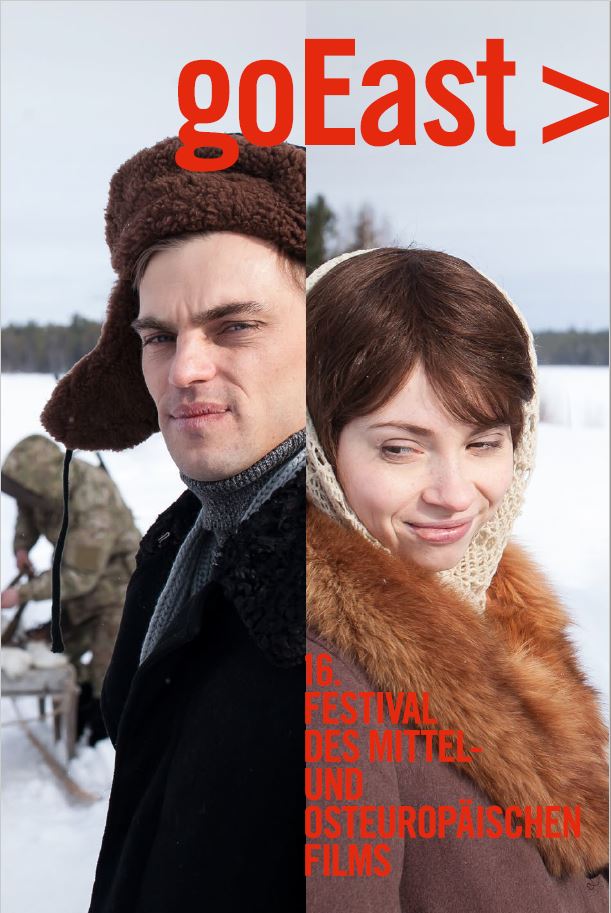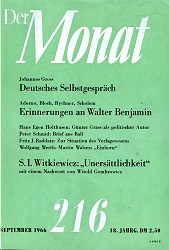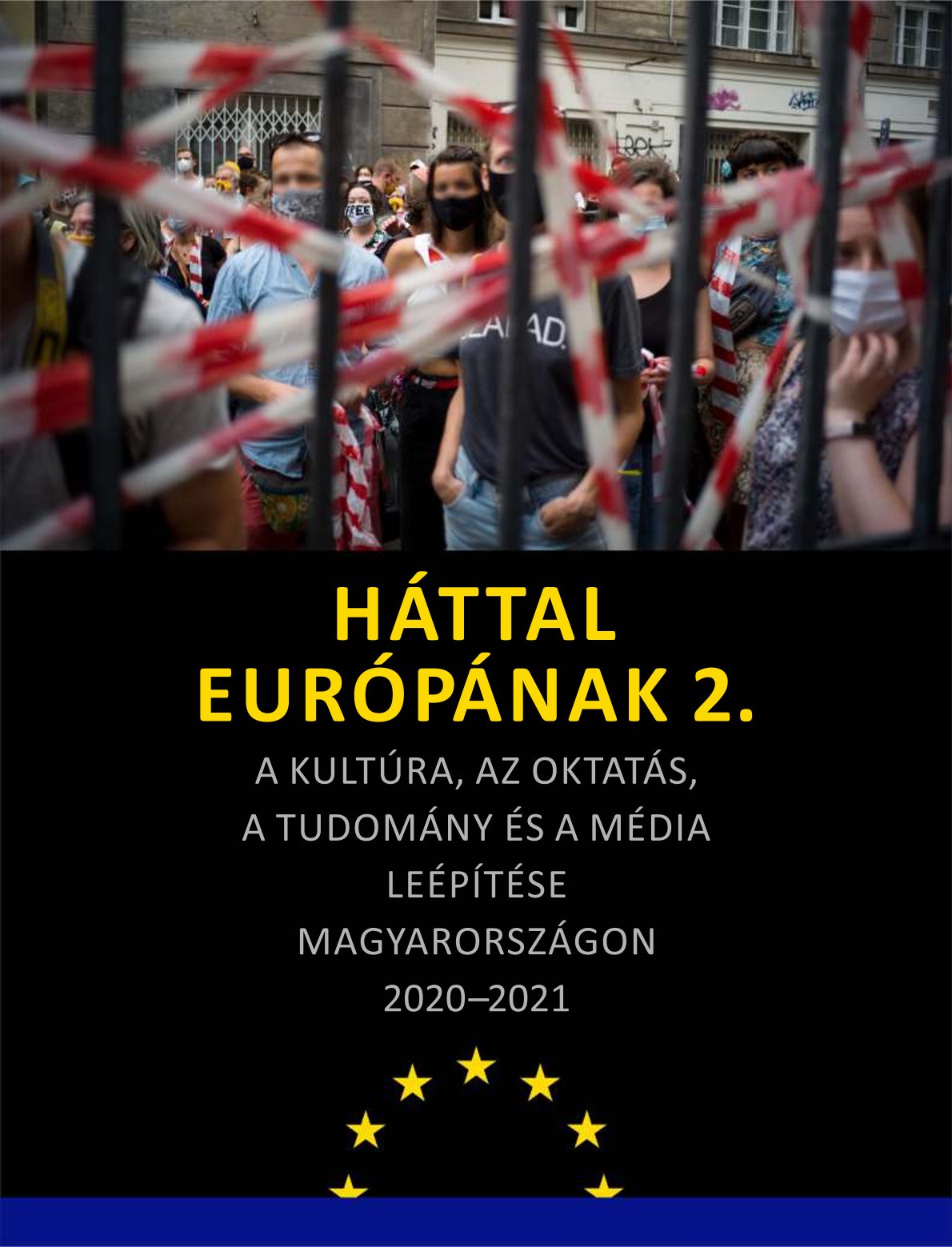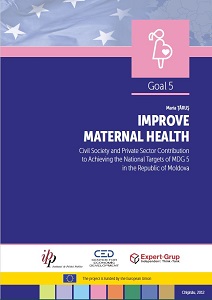Chechnya: Between a Caucasian Jihad and 'hidden' separatism
Author(s): Maciej Falkowski / Language(s): English
Keywords: Chechnya; Caucasian Jihad; 'hidden' separatism
1. Even though Chechnya remains the most unstable republic in the Russian North Caucasus, the open armed conflict known as the Second Chechen War, which broke out in the autumn of 1999, is gradually dying down. The fighting has become less intensive every year, and the militants, worn out by years of warfare, are unable to take the initiative and seriously challenge the federal troops stationed in Chechnya. However, even if the militants have lost strength, this does not mean that the conflict is over. The region's history and the increasingly tense situation in the other Caucasian republics bordering Chechnya suggest that instability will probably continue for many more years.2. Several years ago, the conflict in Chechnya could have been characterised as a war between Chechen separatists and the government of the Russian Federation. However, the nature of the conflict has changed significantly over the last four or five years. At present, it is not only a Russian-Chechen conflict, but also an internal clash between the separatist militants and those Chechens who are co-operating with Moscow. The conflict also has an increasingly apparent social background. Finally, the militants' ideology has also changed: today they are fighting not so much for national liberation as for the Islamic cause.3. Even though the intensity of fighting in Chechnya has abated in recent years, the conflict has spilt over to the other Caucasus republics such as Ingushetia, Dagestan and Kabardino-Balkaria. As a result, this is presently not so much a Chechen conflict as a regional clash between the authorities and the Caucasian (including Chechen) Islamists. The latter seek to 'liberate' the entire North Caucasus and establish sharia law in the region. 354. The Chechen militants are weaker now, and the conflict has changed from a struggle for national liberation into a fight for the Islamic cause; but this does not mean that Russia has ultimately solved the problem of Chechen separatism. Today, it manifests itself not through armed struggle, but through demands for ever-wider autonomy within the Russian Federation ('hidden' separatism). Such demands have been raised by the formally pro-Russian government of Chechnya, led by Prime Minister Ramzan Kadyrov. The objective is to acquire real, rather than formal, independence from Moscow, especially in the economic sphere. An analysis of the current situation in the republic leads to the conclusion that this objective has already largely been achieved; today Chechnya in many areas remains outside the Russian legal system and enjoys extensive internal autonomy. 5. A renewed outbreak of the armed conflict in Chechnya seems unlikely in the immediate future, the main reason for this being that the Chechen people are tired of the long war. In the longer term, however, it appears inevitable that the Chechens will rise against Moscow again, fighting either for national liberation or for Islam. In the former case, the movement will be probably led by the current, formally pro-Russian government. However, it is also possible that by that time, the Caucasian Islamists will have gained enough strength to become the driving force behind a new, massive uprising against Russia, whose objective will be to create an Islamic state in the North Caucasus.
More...
